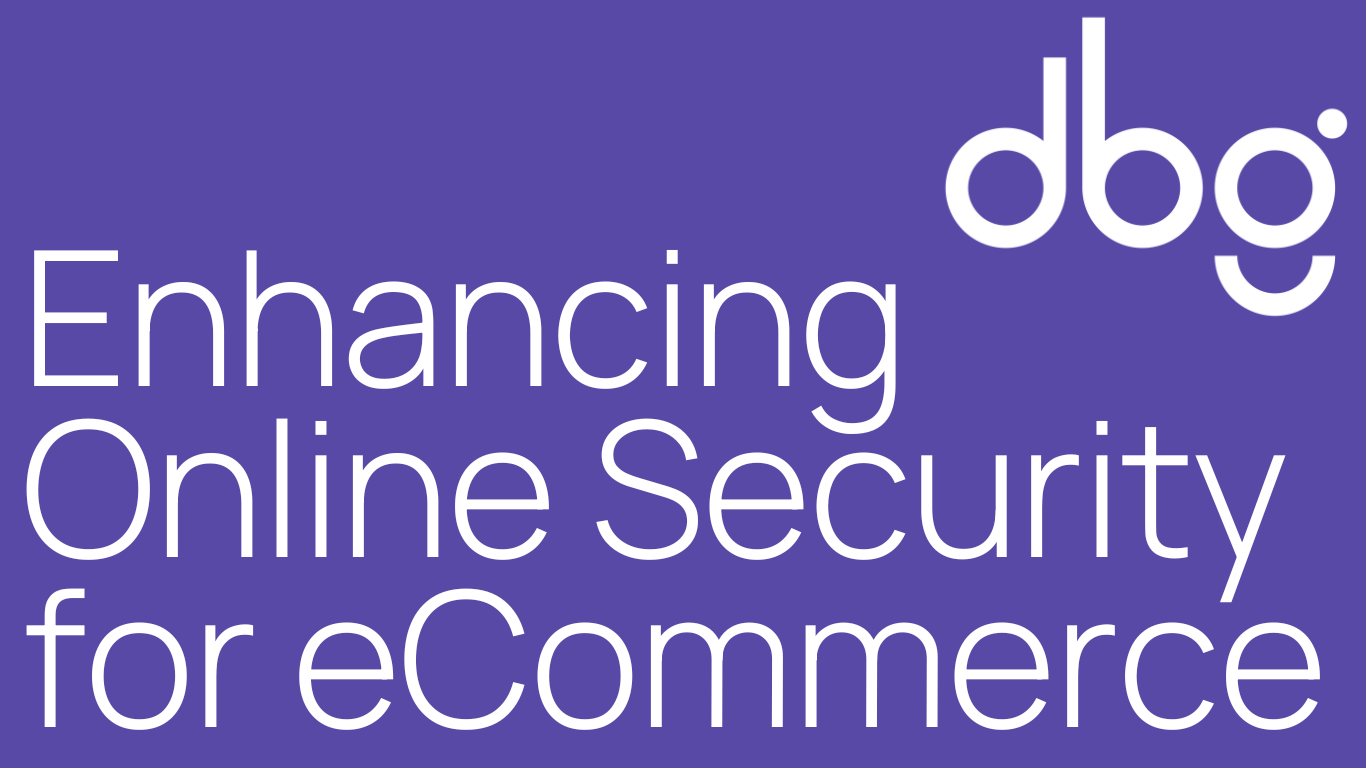 As eCommerce businesses face increasing digital threats, robust online security measures have become essential to protect valuable data, customer trust, and long-term success. With a significant rise in cybercrime tactics targeting both companies and consumers, implementing effective security protocols is crucial.
As eCommerce businesses face increasing digital threats, robust online security measures have become essential to protect valuable data, customer trust, and long-term success. With a significant rise in cybercrime tactics targeting both companies and consumers, implementing effective security protocols is crucial.
Phishing remains one of the most common cyber threats, where cybercriminals attempt to deceive users into sharing sensitive information through unsolicited emails, texts, or social media messages. Cybercriminals often pose as trusted entities, such as banks or government agencies, to gain victims’ trust. eCommerce companies need to train employees to recognise these threats, urging them to pause before clicking any suspicious links or attachments. Additionally, always verifying the identity of the person or organisation before sharing any information can serve as an essential line of defense against phishing attacks.
Password protection is another foundational step in safeguarding eCommerce platforms and customer data. By encouraging employees to use passphrases instead of traditional passwords—combinations of multiple words with uppercase and lowercase letters, numbers, and special characters—companies can enhance the complexity and strength of access credentials. Implementing a Password Manager across the business can also add another layer of security by securely generating and storing complex passwords. This strategy significantly reduces the risk of password-based attacks, making it harder for unauthorised individuals to gain access to sensitive accounts.
Multi-Factor Authentication (MFA) (also known as 2 Factor Authentication {2FA}) is an additional security measure that further protects accounts by requiring more than just a password to gain access. This method often involves sending a one-time code via text or an authenticator app, adding an extra step to verify the user’s identity. For eCommerce companies, implementing MFA for all employees and on systems containing sensitive customer data is crucial. By incorporating MFA, eCommerce businesses add a layer of security that can significantly reduce the chances of unauthorised access, thereby fostering a more secure environment for both employees and customers.
Software updates play an often overlooked yet powerful role in maintaining security across eCommerce platforms. Outdated software can create vulnerabilities that hackers exploit, making regular updates essential to maintaining strong defences. Enabling automatic updates can simplify this process, ensuring the latest security patches are always in place. Additionally, maintaining regular data backups is essential; in the event of a malware attack or system failure, backups allow businesses to restore critical information and minimise operational disruption. For eCommerce companies, data backups are a safety net that supports business continuity and minimises the risks associated with data loss.
In a sector where consumer trust and data protection are paramount, implementing these online security practices is essential. From recognising phishing attempts to regularly updating software, these strategies help build a robust security framework that protects sensitive data, sustains customer trust, and supports the stability of eCommerce operations. Prioritising online security is not only a safeguard against potential threats but also a competitive advantage in an industry where trust is vital.
